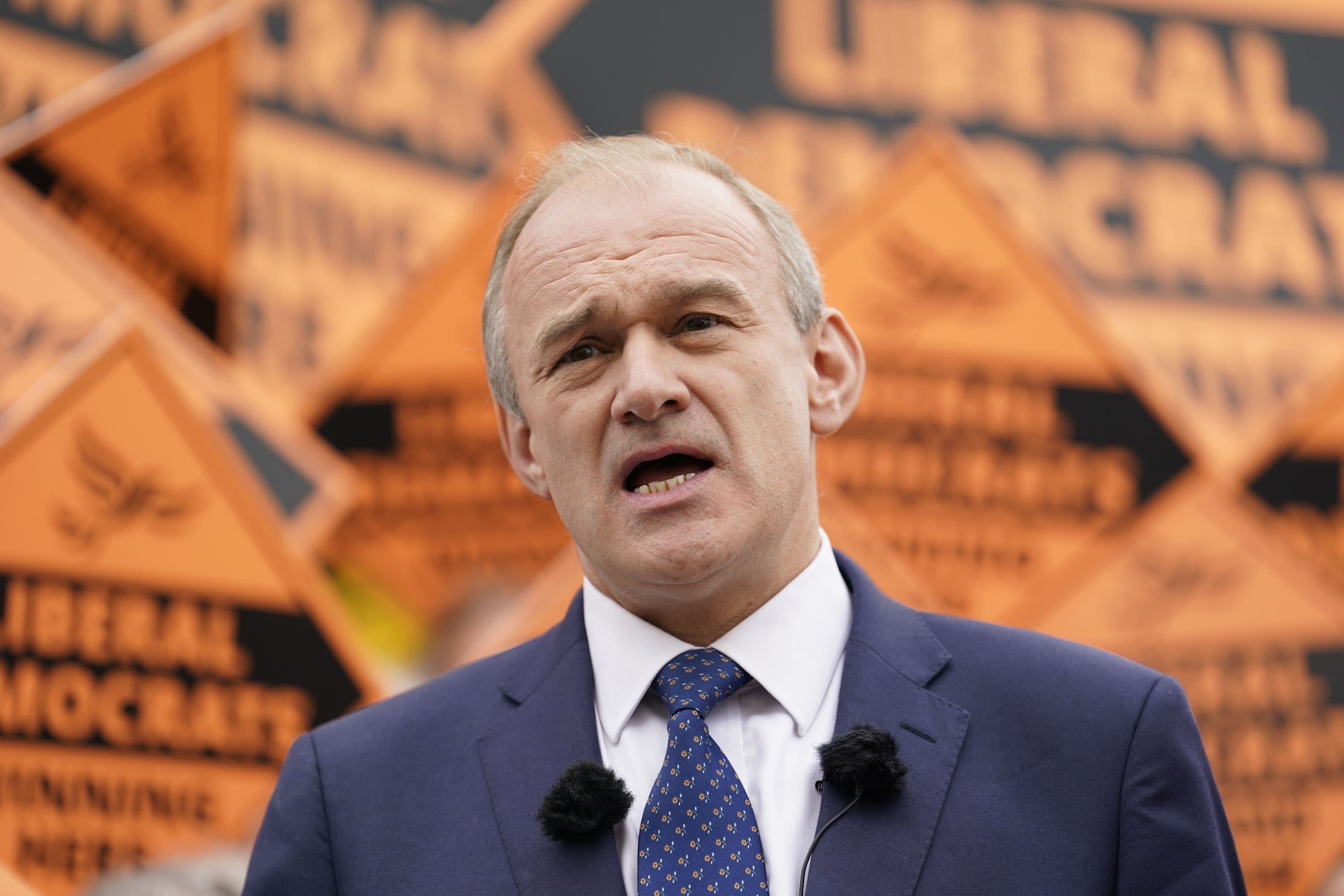Could 2023 be the year the Lib Dems turn it all around?
Going into 2023, the Liberal Democrats have good reason to be quietly optimistic about making progress, writes Jon Stone


While The Independent has always covered the Liberal Democrats fairly, they have struggled to get on the agenda elsewhere given the political fireworks of the past 12 months.
Lib Dems are rarely on the airwaves, have lost their traditional third party role, and their headline polling figures are nothing to write home about.
You may be left asking what has happened to them, and where they are going. Yet going into 2023, the Liberal Democrats have good reason to be quietly optimistic about making progress.
The 2019 election was a disaster for the Liberals. The party made remaining in the EU their issue and won endorsements and coverage across the mainstream of British politics, but this confident performance in the Westminster “air war” did not translate into seats. They ended up losing ground in parliament, including their leader’s seat.
In some ways, 2019 was reminiscent of an earlier Lib Dem flop: the 2010 election. There, “Cleggmania” allegedly gripped the nation, only for the party to actually lose five seats on its 2005 result.
Since the 2019 disaster, the party has pursued a different strategy – switching away from the “air war” to fighting a “ground war” in its target seats.
The most obvious sign of success is the party’s performance at by-elections. The Lib Dems have captured three safe Tory seats in a row by flooding them with activists. The unpopularity of the Conservatives has clearly helped here.
It is one thing to be good at by-elections, but there are cautious signals that this local success could translate into gains at a general election.
The Lib Dems are polling on average around 10 per cent of the vote – lower than they won nationally last time. But drilling deeper into the numbers reveals that they could be in a good position to translate them into seats.
One YouGov model released in July showed the Conservatives losing 26 of their 64 battleground seats to the Liberal Democrats. This would be more than twice what the yellow party won in 2019.
An even more recent model released by Savanta this month had the Lib Dems winning 21 seats, their highest since 2010.
These aren’t the sort of numbers that are going to put Ed Davey in government, barring a surprise hung parliament knife-edge. But they are a base from which the liberals could rebuild their shrunken parliamentary group.
Yours,
Jon Stone
Policy correspondent
Join our commenting forum
Join thought-provoking conversations, follow other Independent readers and see their replies
Comments
Bookmark popover
Removed from bookmarks